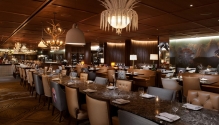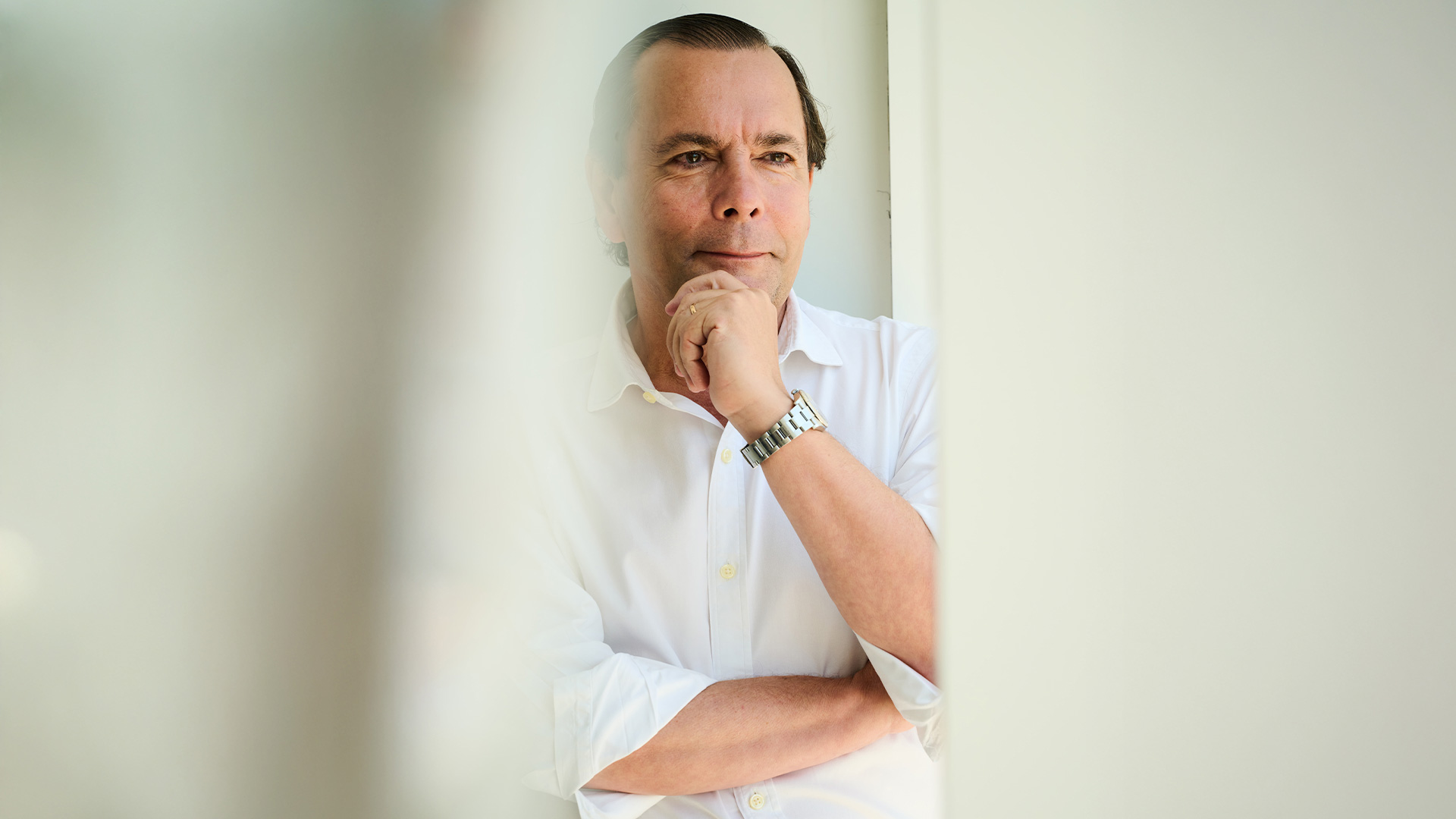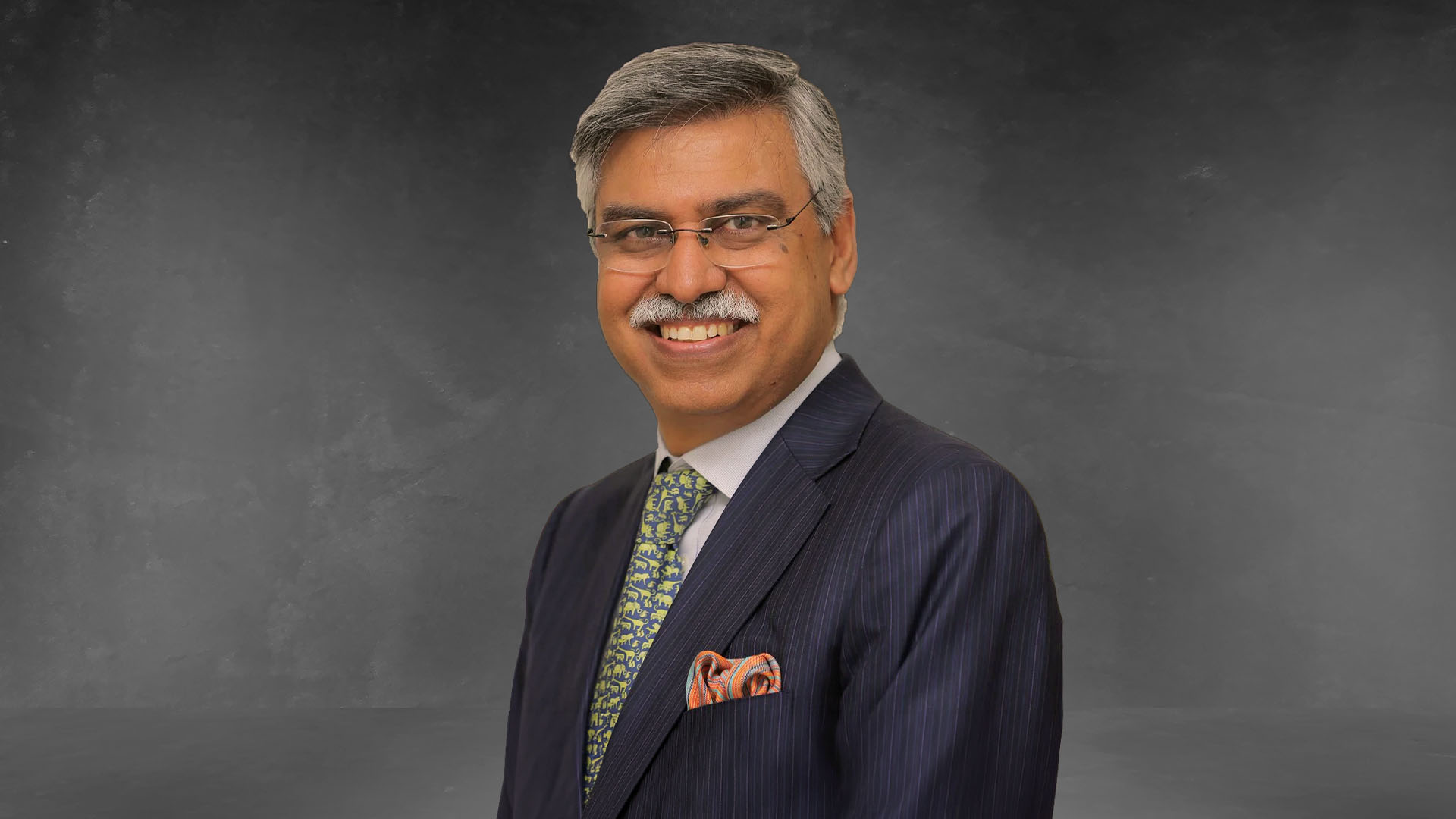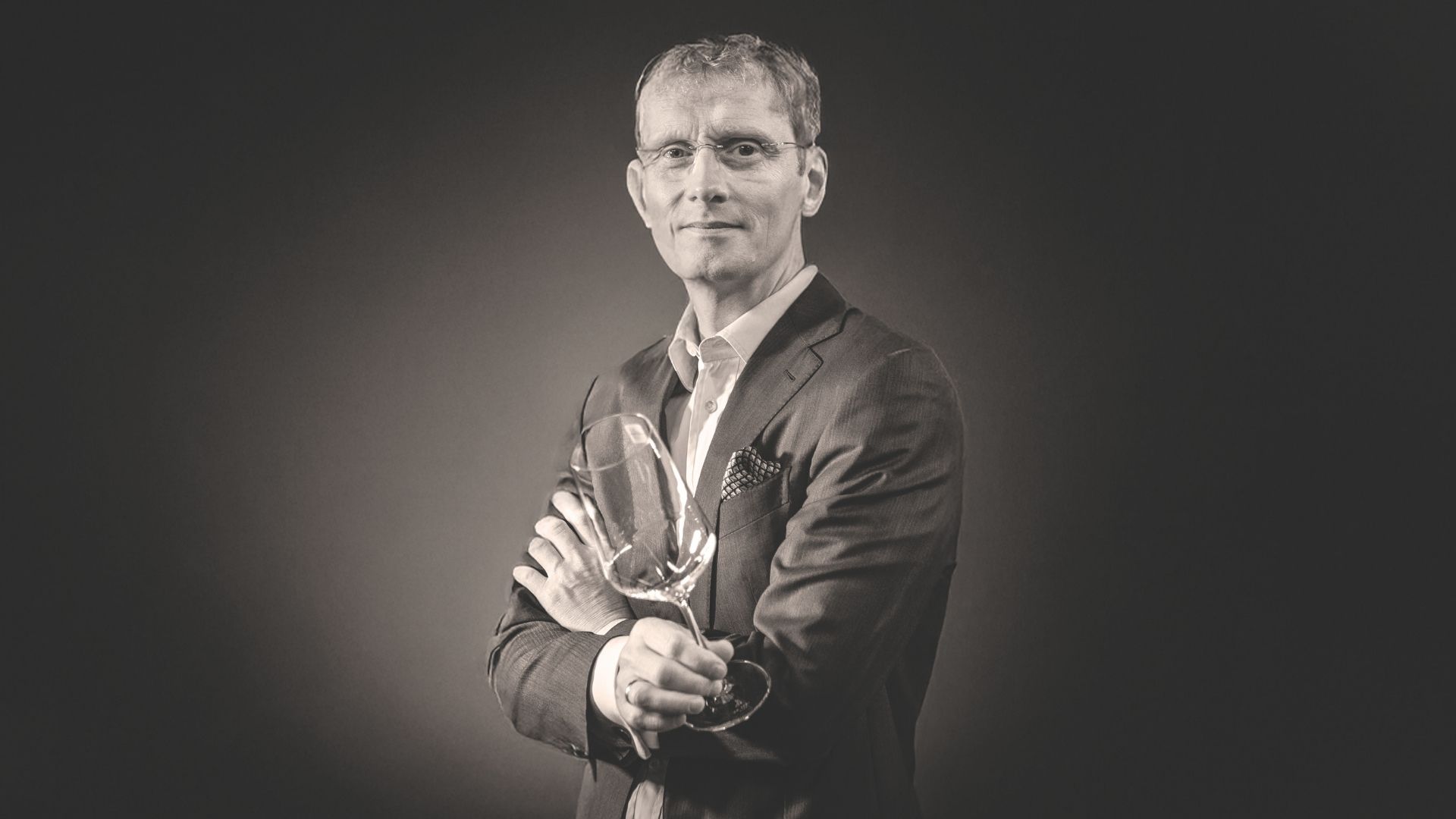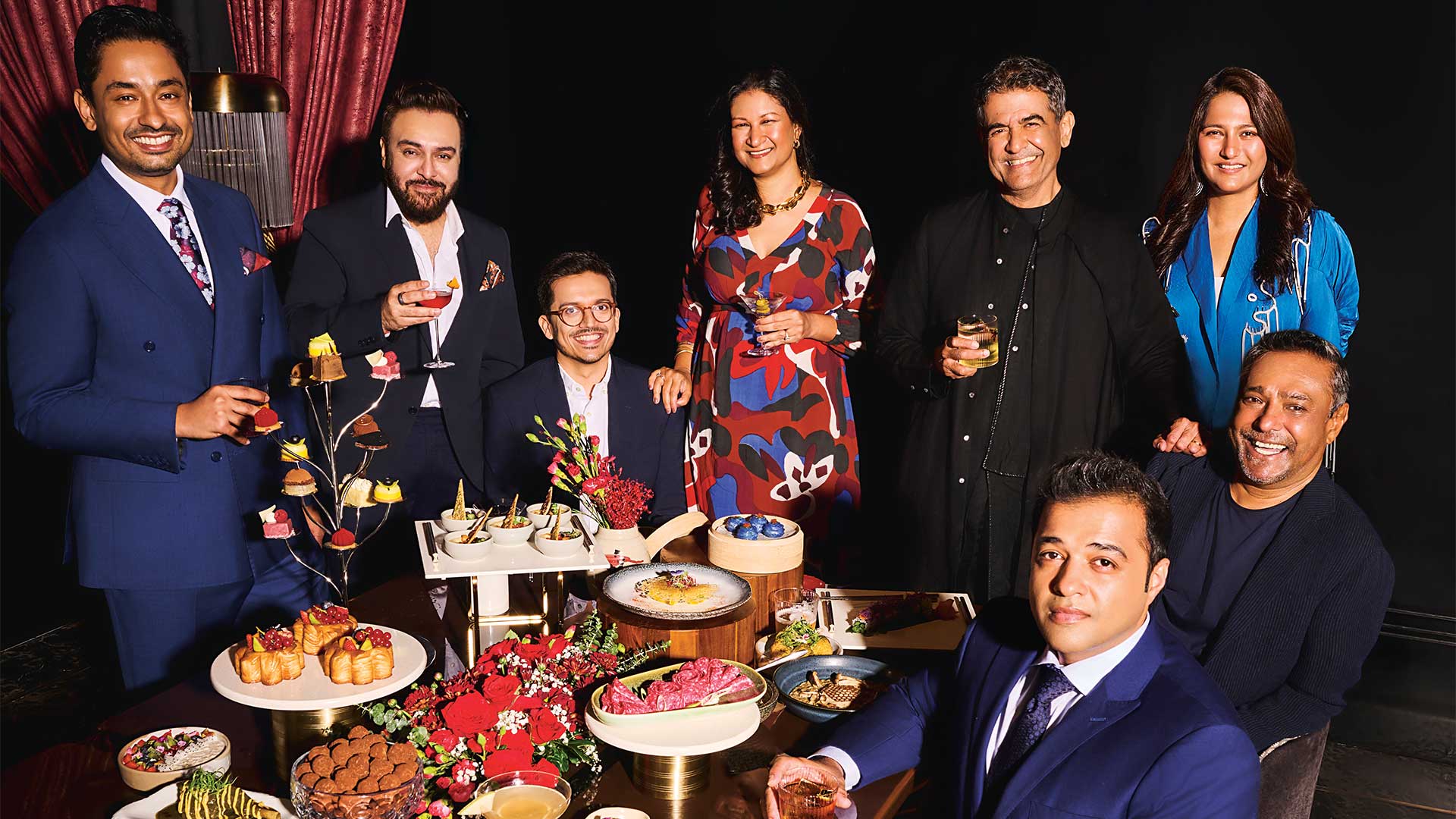Leading with Empathy and Vision
Under the leadership of Federico J. González, CEO of Radisson Hotel Group and Board Director of Louvre Hotels Group, the groups are showing an impressive growth.
By Suman Tarafdar
At the helm of one of the world’s largest hospitality portfolios, Federico J. González—CEO of Radisson Hotel Group and Board Director of Louvre Hotels Group—leads with strategic foresight and cultural sensitivity. These qualities have powered the rapid growth of Radisson and Sarovar in India, a market he regards as a continent of opportunity with vast potential. A SOH exclusive.
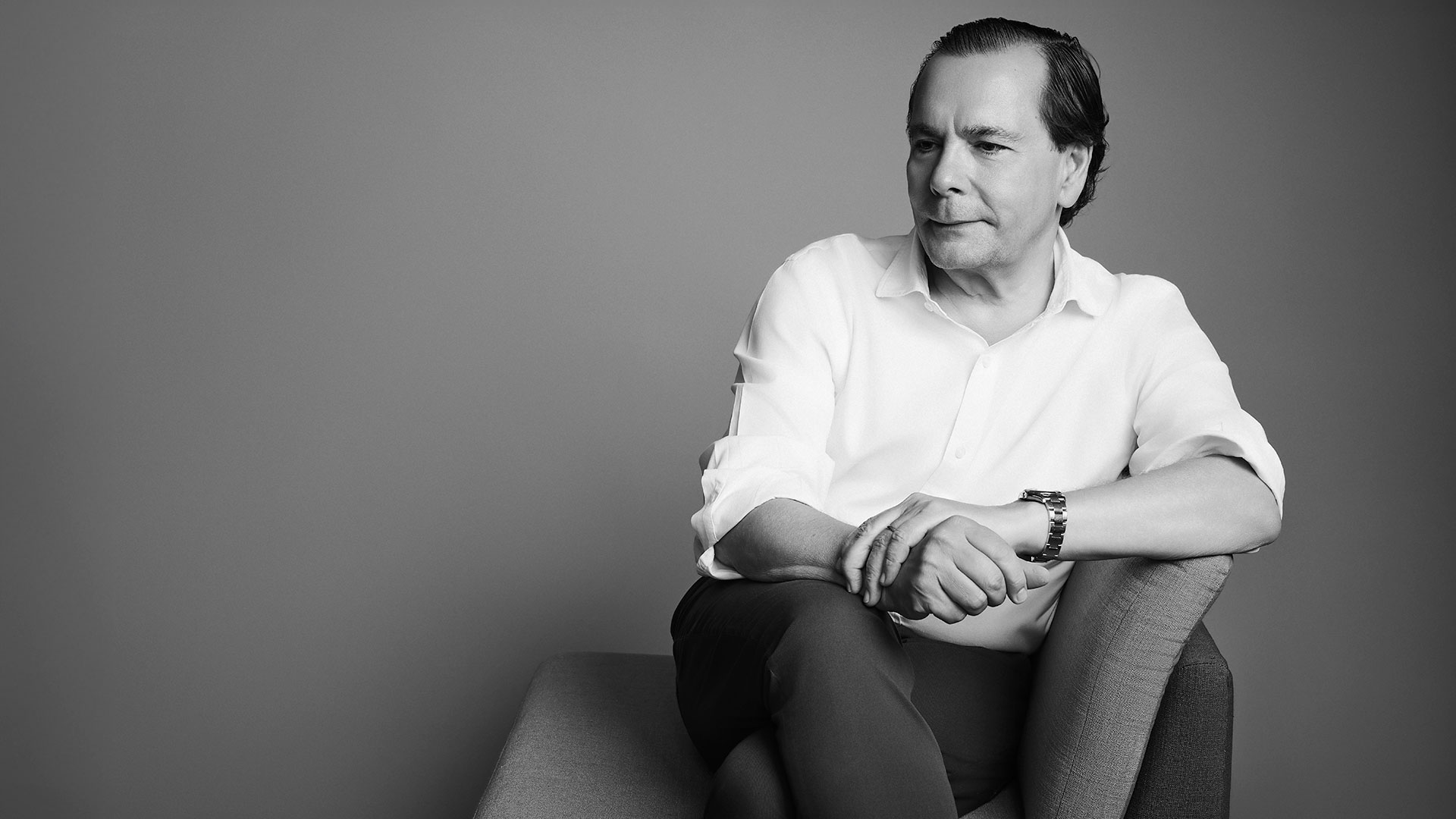
Federico J. González, CEO of Radisson Hotel Group and Board Director of Louvre Hotels Group.
Federico J. González is among the most influential people in hospitality globally. His remit includes a portfolio of over 3,000 hotels, including about 250 in India—spread across two global hotel groups, with, as he says, “nothing in common operationally but me”. As he sat down for a chat at the newly opened Sarovar Portico Sriperumbudur, admiring the pace of growth for hospitality in India, and patiently adjusting to the needs of an extended video interview, the cores of his leadership—especially integrity and empathy—are evident.
González is CEO of Radisson Hotel Group and Board Director, Groupe du Louvre or Louvre Hotels Group. Radisson has more than 1,520 hotels in operation and development in EMEA and APAC, while Louvre has about 1,750 hotels globally. Both are owned by a consortium led by Jin Jiang International Holdings Co. Ltd., a tourism and hospitality company headquartered in Shanghai, China, and owned by the Shanghai Municipal People's government. Yet, both operate independently.
A polyglot, González, born in 1964, speaks four languages, has written three books, and is currently working on his next one. Soft-spoken, detail-oriented, and emphatic, his leadership has been inspirational in propelling the groups onto the rapid growth trajectory they have been on. At university, González majored in economics and received a Master's in International Trade and Finance from the École Supérieure de Commerce de Paris (ESCP). He spent years in various management positions at FMCG major Procter & Gamble (including country head of Portugal), and later was deputy general manager of Disneyland Paris and CEO of Germany’s NH Hotel Group. Associated with Radisson since 2017, he has held several leadership roles within the group. Having led the company through challenging phases such as COVID, he successfully steered it forward and now oversees its rapid growth.
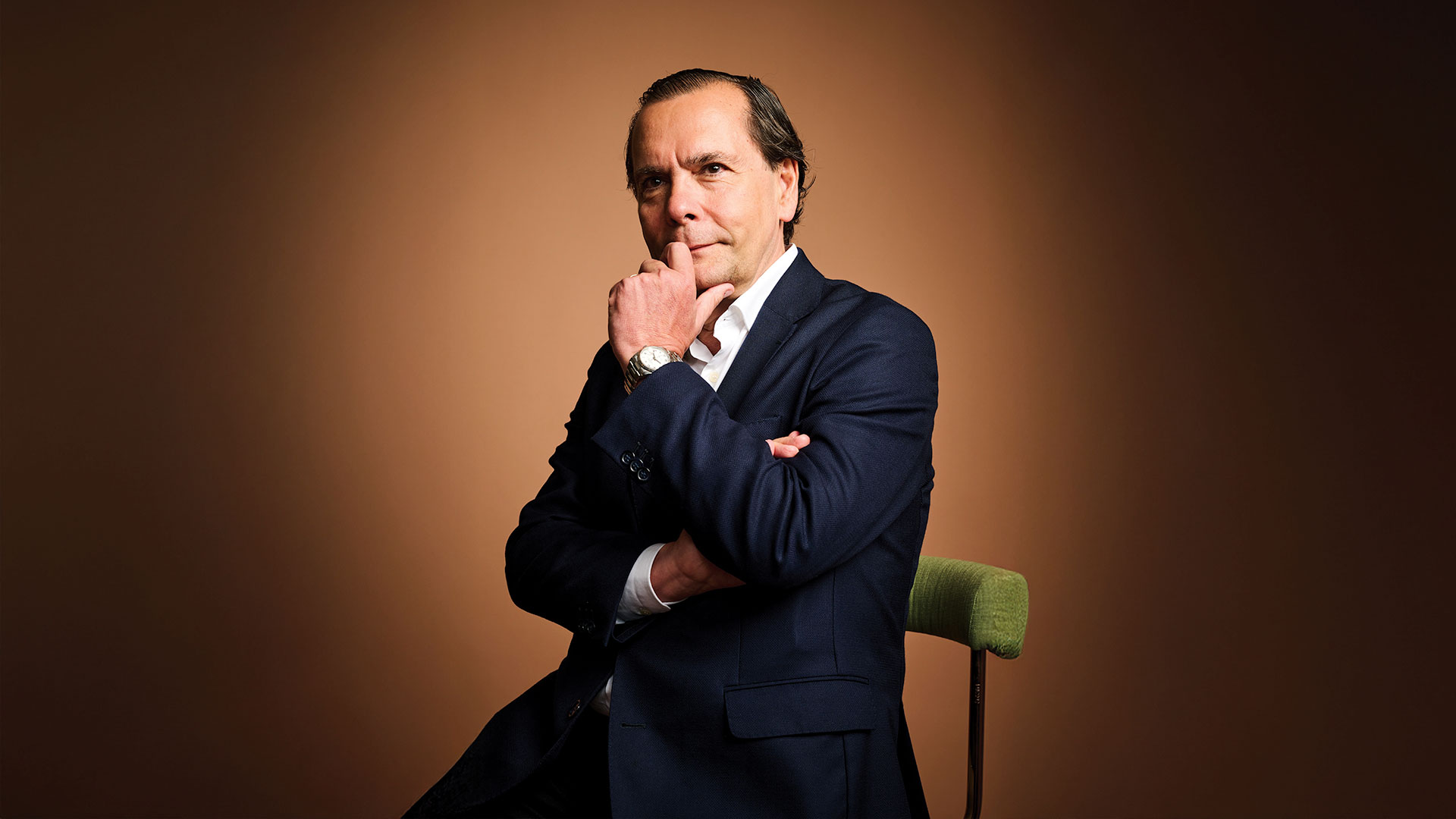
Federico J. González is among the most influential people in hospitality globally.
India as a priority
González is confident about the growth of hospitality in the country. He points out that Radisson has 140 hotels operating with 55 in the pipeline, while Louvre also has around 150 hotels with about 60 in the pipeline. “I felt very optimistic last year. I think during the last 12 months we have been able to sign ahead of expectations of the hotels.
“I think when you look at the dynamics of the country, the development in Tier 2 and Tier 3 towns, the development that’s happening across the country, and you see the perspectives of growth, it confirms our beliefs that we have set up the right targets,” González says with a smile. “We should open 500 hotels. The teams are working to open 300. But every time I come, I feel we should have more. This is not because we are overambitious; it’s because, when you see what we have built over the last 20 years—nearly the #1 international company in terms of hotel operations and rooms—I believe the work can actually accelerate over the next 10 years.”
Two factors give González—who has visited India about 15 times—confidence about the country’s growth. “We see the growth potential. The development is not only transforming big cities; the opportunities in Tier 2 and Tier 3 towns are also significant. India is a country, but we need to view it as a continent. When I compare the number of hotel groups to the population, the growth potential is phenomenal.”
González highlights the potential of both brands. “The strengths we have as a company are very well aligned with the potential of India. When you look at all the brands under Radisson, we are only beginning with Radisson Collection. This five-star brand now has more than 100 hotels worldwide. We have already signed three in India, but I believe the potential is far greater. Then there is Radisson Blu, the number one upscale brand in EMEA, which continues to perform extremely well in India and still holds enormous potential.”
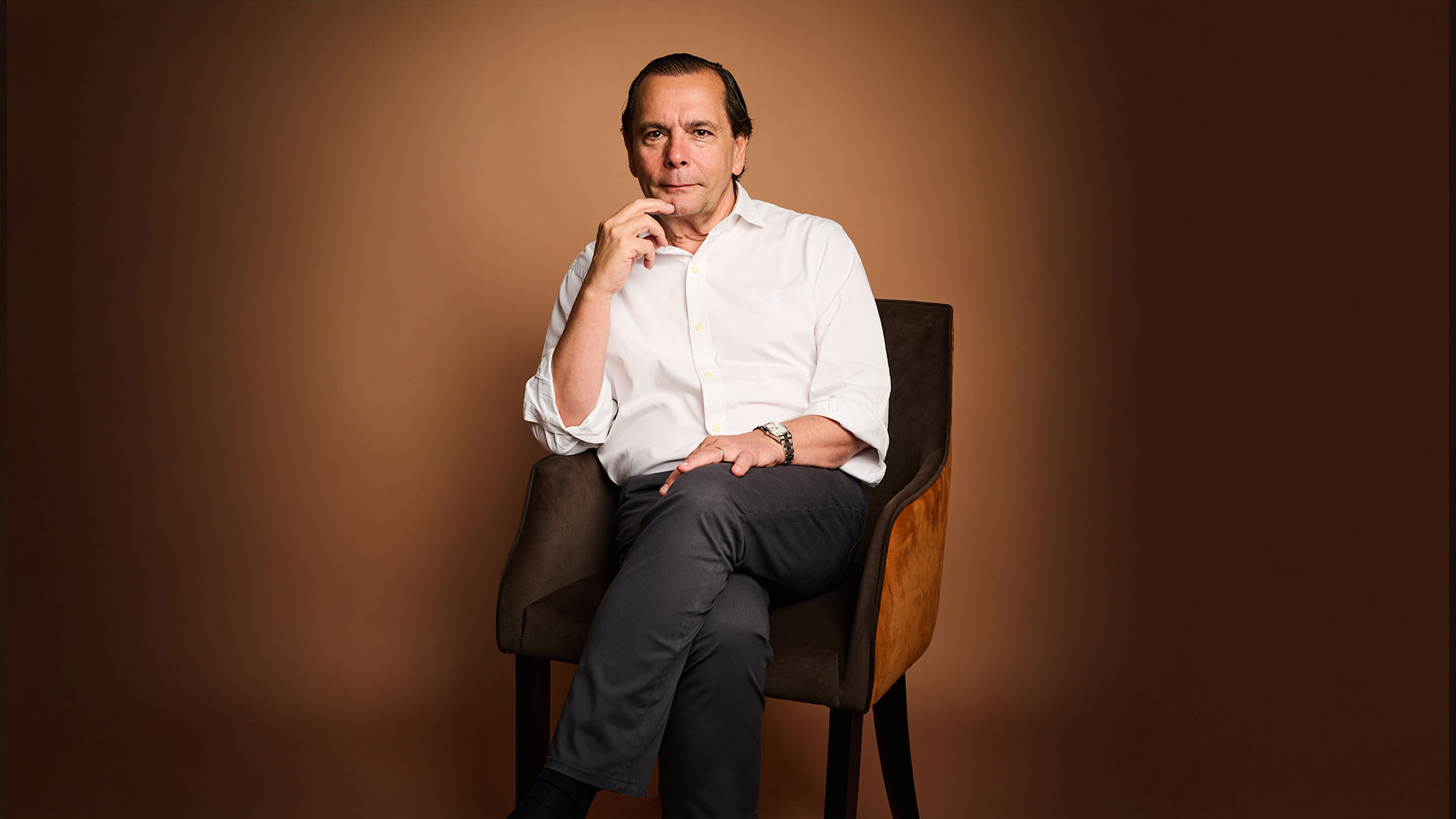
Gonzalez is a polyglot, who speaks four languages, has written three books, and is currently working on his next one.
González highlights the potential of both brands. “The strengths we have as a company are very well aligned with the potential of India. When you look at all the brands under Radisson, we are only beginning with Radisson Collection. This five-star brand now has more than 100 hotels worldwide. We have already signed three in India, but I believe the potential is far greater. Then there is Radisson Blu, the number one upscale brand in EMEA, which continues to perform extremely well in India and still holds enormous potential.”
González exudes nothing but confidence in the growth potential of Sarovar Hotels and Resorts, in which Louvre picked up majority stake in 2017. “When you look at Sarovar’s fundamentals, its organisational setup, and the skills they are building, the potential is significant.”
As to why the two brands—Radisson and Sarovar—are not merged, González says, “We have a strategy from a corporate point of view. Radisson is an independent company from Sarovar; the latter is an Indian company in partnership with local hotels. I am the only common link between the two. Each has its own strengths, different teams, and distinct market positions. At the same time, we need to remain responsible. We are here to serve both the consumer and the owners. Some owners have Sarovar Hotels and Radisson Hotels, while others-—whose properties are managed by Sarovar—also own Radisson brands. So, we constantly look for ways in which the two organisations can work together. The management teams know each other well—they collaborate when needed, compete when required—and I believe this creates a healthy balance between competition and collaboration.”
González remains optimistic about the growth of India’s mid-market segment. “What is critical is added value and dignity. Consumers want a service that matches the price they pay. Some operators confuse optimisation with compromising dignity. For us, it is essential to maintain strong brand standards when operating in the mid-market segment. You can provide mattresses, pillows, showers, and services at the right level—so that consumers feel they are getting something better than what they had before.”
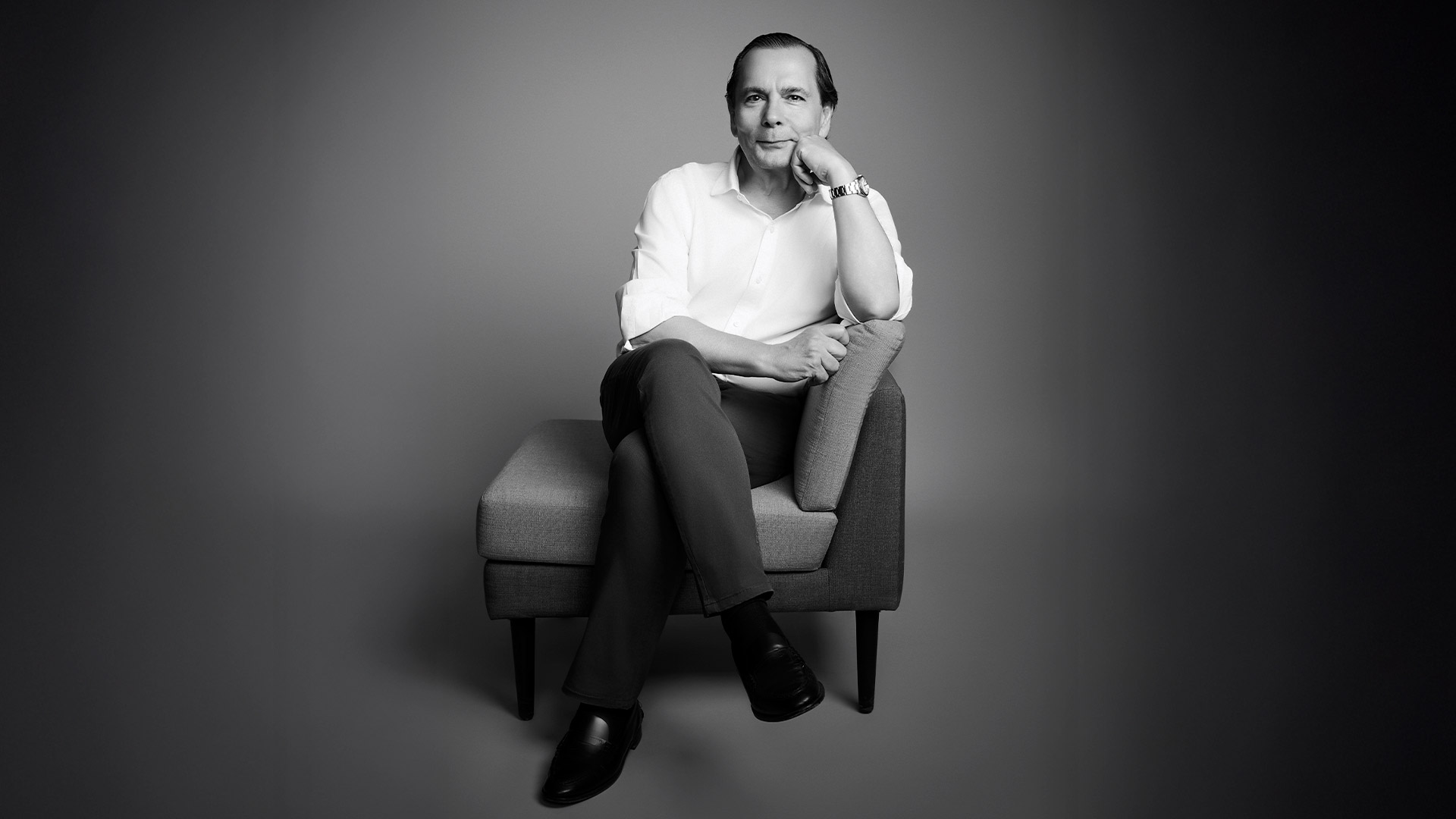
India is a country, but we need to view it as a continent, says Gonzalez.
We see the growth potential of India. Development is not only transforming big cities; the opportunities in Tier 2 and Tier 3 towns are also significant. India is a country, but we need to view it as a continent.
Federico J. González
CEO of Radisson Hotel Group and Board Director of Louvre Hotels Group

The Asian Paradigm
González has often spoken of 400% growth in Asia recently, and he notes they are on track to meet those numbers. “When we look at our performance worldwide, I believe the business will continue to do well in EMEA, one of our key markets. Across Asia, we have made significant progress in different regions and are performing extremely well. In China alone, for example, we added more than 200 hotels in the last year. As a result, we have become the #5 hotel group in all of Asia. Within our APAC growth, India plays a crucial role. We currently have 75 hotels in the pipeline and are signing more than 15 hotels each year in the country. India is a critical market for us.”
He, however, is not taking it easy on the challenges. “In order to achieve that potential, we are constantly upskilling people. In India, there is a significant need for well-trained professionals who are motivated to stay with us for the long term—and this remains a large gap. We are making focused efforts, in association with local organisations, to recruit the right people. Once on board, we help hone their potential and build their skills so they can deliver the level of service expected from us. I believe service and the human touch are critical elements in hospitality."
The groups involved invest significantly in training, recruiting people at a young age to ensure they stay on and develop a deep understanding of how to serve the industry. González says, “We place a lot of emphasis on empathy—understanding the consumer, recognising what they seek, and delivering the demanding service of the kind they expect. When a consumer chooses to stay at our hotel, that choice must be respected. We must meet their expectations and ensure they return. It is through our people and the training we provide that we can retain their loyalty and sustain their attention.”
While González is confident of organic growth, he does not rule out the inorganic growth potential. “We are open to exploring the right opportunity in the right market, provided it delivers that extra bit, or an additional benefit, beyond our growth plans and set strategy. We are very happy to further invest in India as we have done during the past few years.”
For González, India is not merely another market—it is a defining frontier for the future of hospitality. His belief in the country’s potential is matched by a pragmatic strategy rooted in people, service, and brand integrity. Balancing growth with empathy, and scale with standards, he envisions India as a cornerstone of Radisson and Louvre’s global journey (Sarovar is part of the Louvre Hotel Group). If his track record is any indication, his quiet confidence may well translate into the accelerated expansion he so often predicts—anchored in the conviction that hospitality, at its heart, is still about people serving people.
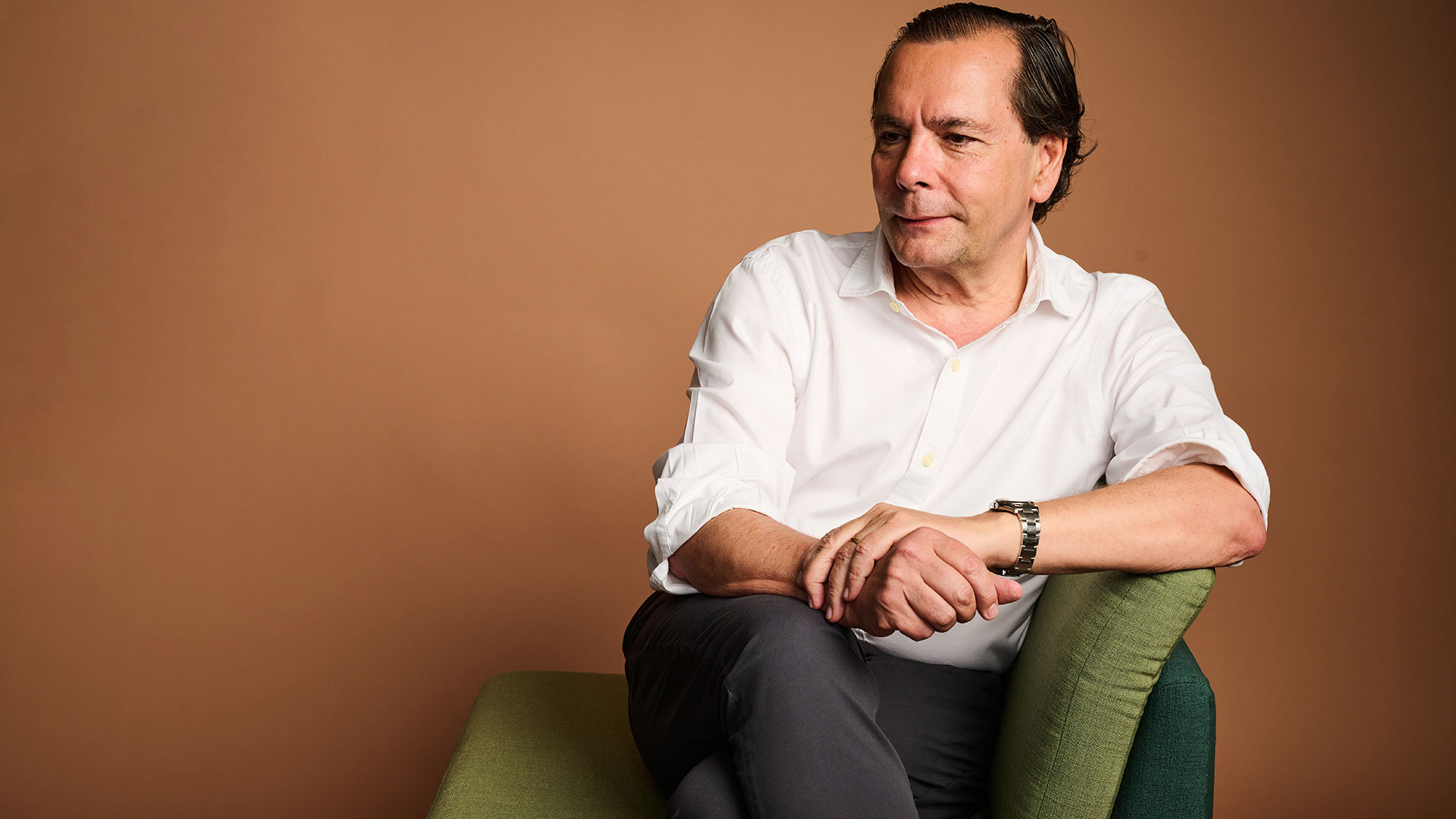
For González, India is not merely another market—it is a defining frontier for the future of hospitality.
We place a lot of emphasis on empathy—understanding the consumer, recognising what they seek, and delivering the demanding service of the kind they expect.
Federico J. González
CEO of Radisson Hotel Group and Board Director of Louvre Hotels Group

Q&A with Federico J. González
Federico J. González on why communication is the cornerstone of good corporate culture, and why generosity shapes a great leader.
For Spanish-born Federico J. González, quality leadership is crucial. Studied and deliberative in his replies, he comes across as a leader who deeply cares about his work and his colleagues.
To be a global leader in an industry that spans all continents, what is most important in terms of inspiring people?
I always say that when you work with different cultures, 80% of the issues stem from communication. Very often, it may seem like you are in disagreement or reacting negatively to what someone is saying, even branding him or her as ‘not a good leader.’ In reality, it’s not about what the person is doing, but how they are expressing themselves. One of the learnings in my career has been how I sometimes misjudged people based on their style of communication. It is important to understand these cultural differences in communication—if you want to fully leverage people’s talent, don’t waste time misinterpreting them.
What are the leadership qualities most needed in hospitality that can also be applied to businesses in other sectors as well?
I often host leadership workshops with my teams. I tell them, ‘You may have character, charisma, vision, empathy… but generosity is the factor that is most important. And when I say generosity, I don’t mean giving away things for free. It’s about ensuring that you approach topics and subjects with an end in mind that goes beyond just the owners, and that you empower teams not only for what you want to achieve, but also for what both the consumer and the owners need.
The corporate space is a very controlled and competitive one, and to have empathy and generosity is not always easy. How important is it when the bottom line is under pressure?
We are here to deliver results in the long term, and this is one of the critical elements we always discuss. There are times when teams may not deliver a concrete result in a given year, but that does not change the overall plan. Circumstances may arise where a market declines significantly during that year. In such situations, I must endure short-term pain because, if I alter the plan at that moment, the future will be compromised. This is why it is important to understand different situations across geographies. We are always here to deliver results, but those results must be measured over a period of time that makes sense. There is a shared understanding that each geography and market will face its own challenges, and when that happens, we must find ways to cope and compensate in one way or another.
Can you share specific examples of how your values have permeated the company?
We have, in both Radisson and Sarovar, seven beliefs that are quite common—we try to make them shared across the organisations. I would say these beliefs are critical. The clearest one is that we have fun in what we do. This business runs 24x7. If you work in a hotel, you cannot say you are not available—you need to be available around the clock. That’s why it’s important to feel that what we are delivering matters, and that is creating memorable moments for the consumer. To do that, you need to enjoy the work and have fun. If you don’t, there’s no way you can sustain it. For me, building memorable moments and having fun must go hand-in-hand.
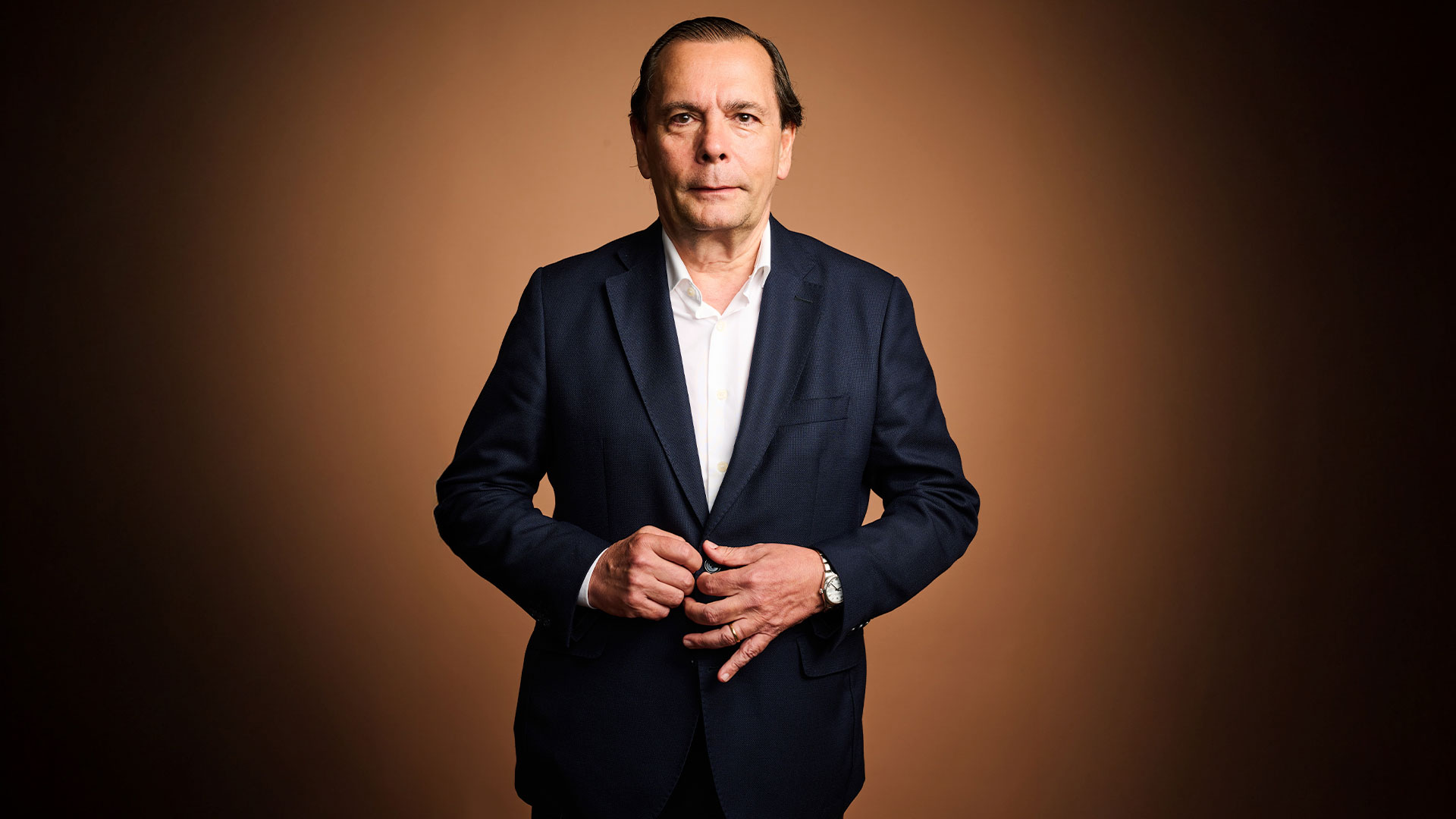
Federico J. González.

















